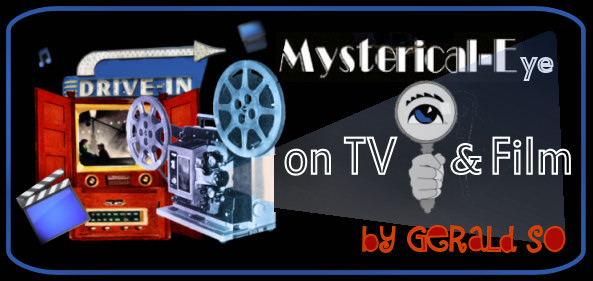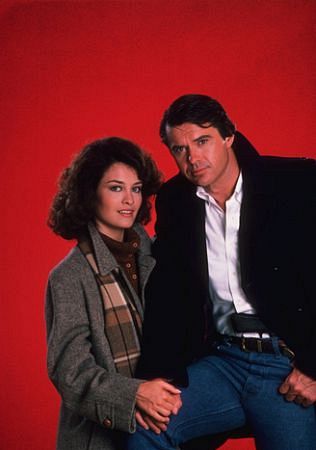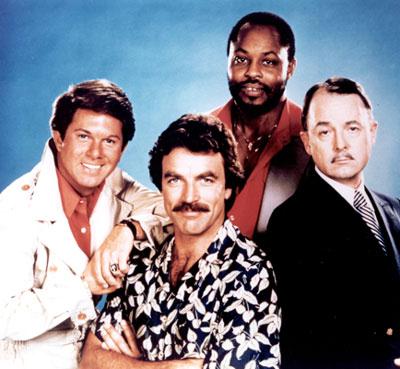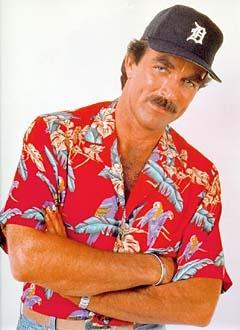 |
In early January, I had a discussion with Peter Rozovsky, blogger at Detectives Beyond Borders, on the strengths and weaknesses of television versus books. It's a debate as old as the television itself and as timely as the three-month WGA strike that ended February 12. I have some regret about growing up watching TV when I might have been reading, but I write this column because I've come to appreciate books and TV equally. Books are better at delivering characters' thought processes and internal monologue throughout. A character's voice becomes intertwined with my own as I read, feeling much more intimate than the TV shortcut: an actor's voice-over. I've enjoyed Spenser's voice in dozens of Robert B. Parker's novels, but I never warmed to Robert Urich in Spenser: For Hire .
TV also handles action sequences better. Sometimes after reading a fight scene on the page, my only mental image is of a game of Twister. In television, the actors and director work out exactly how each character will move, the speed at which to cut between them, all to convince viewers the fight is real. Even casual viewers can get caught up in the action of 24 .
Yes, TV viewers have to accept other people's concepts of character and setting, but they can become as attached as readers do to their favorites. TV's main advantage over books is frequency, which compensates a bit for lack of time each day or week. While series readers might visit with characters once a year if they're lucky, TV viewers get to live with characters 22-24 weeks a year. As book series go on, authors tend to let story time pass more slowly or not at all. TV slows aging with makeup or lighting, but it must acknowledge characters aging before books do, which can add to a show's appeal. Viewers stayed tuned for eight seasons as Tom Selleck's acting took on more gravitas and fun-loving Thomas Magnum grew into a contemplative older man.
For me, the choice is no longer black-and-white but as changeable as my mood. Books appeal when I want the freedom to imagine worlds and characters on my own. TV appeals when I want to connect with figments of imagination in a more tangible way. |
|
|
Past issues and stories
pre 2005.
Subscribe to our mailing
list for announcements.
Submit your work.
Advertise with us.
Contact us.
Forums, blogs, fan clubs,
and more.
About Mysterical-E.
Listen online or download
to go.
|
|
|
 |
 |






